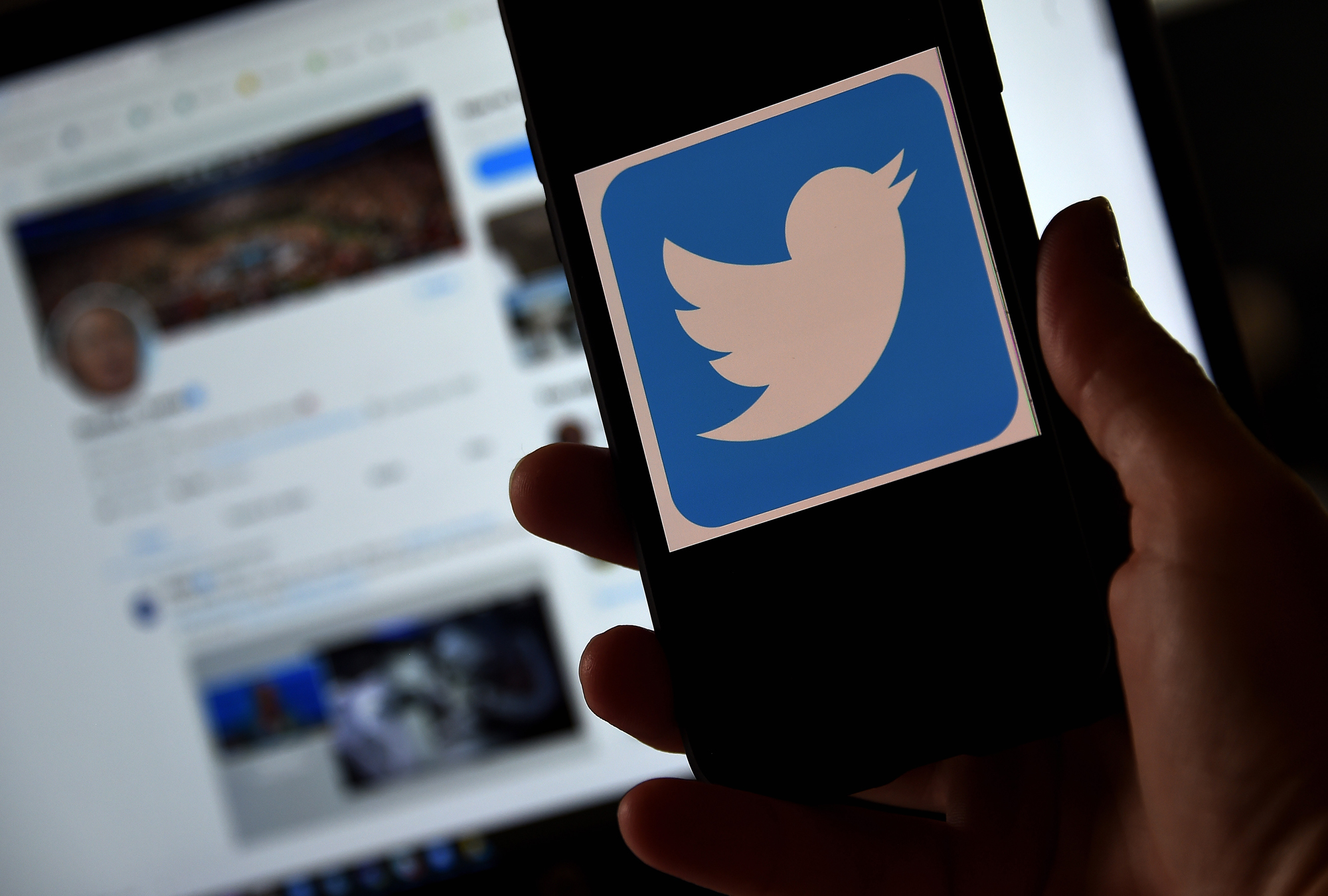Twitter will start labeling the accounts of media outlets affiliated with the governments of countries on the U.N. National Security Council, it announced Thursday.
The new labels wont apply to all media outlets that receive government funding — only “outlets where the state exercises control over editorial content through financial resources, direct or indirect political pressures, and/or control over production and distribution,” according to Twitters blog post announcing the change.
The labels will go on the accounts for China Daily, Russia Today, Sputnik and other media outlets, a Twitter spokesperson said. But not Voice of America and Radio Free Europe/Radio Liberty, two media outlets funded by the U.S. government, or NPR and the BBC. The blog post described NPR and the BBC as “state-financed media organizations with editorial independence.”
The post implied the policy might expand to include more countries.
“For transparency and practicality, we are starting with a limited and clearly-defined group of countries before expanding to a wider range of countries in the future,” it said.
Twitter will also label the accounts of some government leaders from the five countries that are permanent members of the Security Council, including ambassadors and foreign ministers.
The move comes as social networks face unstinting criticism for its handling of foreign influence and disinformation. Russian disinformation campaigns ran rampant on Twitter and Facebook in the lead-up to the 2016 election, and internet companies have spent the past three years trying to keep from being used again. Thus far, theyve had mixed results; videos pushing disinformation about the novel coronavirus have racked up tens of millions of views on Facebook, and high-level Chinese government officials have pushed conspiracy theories about the pandemic on Twitter.
But there have been significant changes, as
politico
[contfnewc] [contfnewc]























































